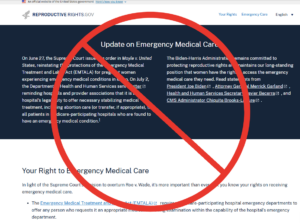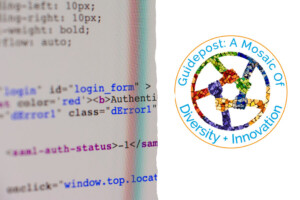
Trump Shuts Down U.S. Government’s Reproductive Rights Website?
Reproductiverights.gov, a government-funded site that provided information and resources to women seeking “reproductive care,” has been shut down and is no longer presently online, as reported by multiple news sources. The site, which was set up by the U.S. Department of Health and Human Services in 2022, was designed to





